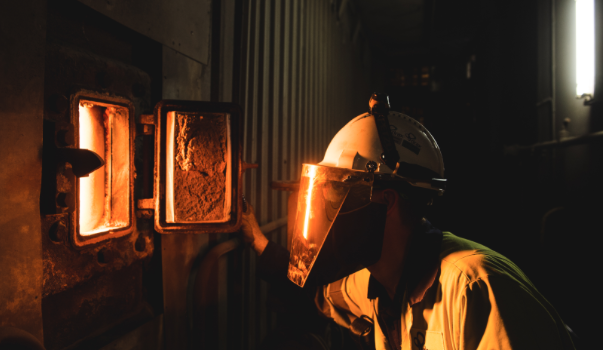North Yorkshire-based power company Drax Group plc said on Thursday it will end commercial coal generation at Drax Power Station in 2021 — ahead of the UK’s 2025 deadline.
Drax also announced results for the year to December 31, 2019, showing an 11% increase in revenue to £4.71 billion.
Drax is proposing a full year 2019 dividend of £63 million or 15.9p per share, a 13% increase on 2018.
“The closure of the two coal units is expected to involve one-off closure costs in the region of £25-35 million in the period to closure and to result in a reduction in operating costs at Drax Power Station of £25-35 million per year once complete,” said the company.
“Drax also expects a reduction in jobs of between 200 and 230 from April 2021.”
Commercial coal generation is expected to end in March 2021, with formal closure of the coal units in September 2022 at the end of existing capacity market obligations.
“Following a comprehensive review of operations and discussions with National Grid, Ofgem and the UK Government, the board of Drax has determined to end commercial coal generation at Drax Power Station in 2021 – ahead of the UK’s 2025 deadline,” said Drax.
Drax Group CEO Will Gardiner said: “Ending the use of coal at Drax is a landmark in our continued efforts to transform the business and become a world-leading carbon negative company by 2030.
“Drax’s move away from coal began some years ago and I’m proud to say we’re going to finish the job well ahead of the Government’s 2025 deadline.
“For over 40 years Drax has played a critical role in the UK’s energy system and is a leading provider of flexible, renewable and low-carbon energy and the country’s largest single source of renewable electricity.
“By using sustainable biomass we have not only continued generating the secure power millions of homes and businesses rely on, we have also played a significant role in enabling the UK’s power system to decarbonise faster than any other in the world.
“Having pioneered ground-breaking biomass technology, we’re now planning to go further by using bioenergy with carbon capture and storage (BECCS) to achieve our ambition of being carbon negative by 2030, making an even greater contribution to global efforts to tackle the climate crisis.
“Stopping using coal is the right decision for our business, our communities and the environment, but it will have an impact on some of our employees, which will be difficult for them and their families.
“In making the decision to stop using coal and to decarbonise the economy, it’s vital that the impact on people across the North is recognised and steps are taken to ensure that people have the skills needed for the new jobs of the future.”
